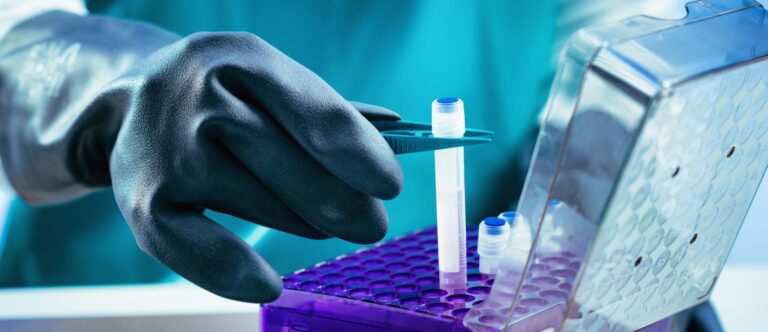
In the era of precision medicine, biobanking has emerged as a crucial component in the realm of healthcare. A biobank is a specialized facility or repository that systematically collects, processes, stores, and manages biological samples and associated data for use in research and medical studies. The primary purpose of a biobank is to provide a centralized and organized resource of high-quality biological materials, such as tissue, blood, and other bodily fluids, along with relevant clinical and demographic data. These invaluable resources provide researchers with a wealth of information to advance medical science and personalized healthcare.
What are biobanks used for?
Healthcare
Blood banks are specific types of biobanks, providing blood for transfusions, which are essential for various healthcare scenarios, including surgeries, trauma care, cancer treatments, and the management of certain medical conditions such as anemia. Blood banks ensure that an adequate supply of different blood types is available for patients in need.
Precision Medicine
Biobanks contribute to the field of precision medicine by enabling the identification of biomarkers associated with specific diseases. This information allows healthcare providers to tailor treatment plans based on an individual’s unique genetic makeup and response to therapies.
Medical Research
By studying samples from individuals with specific conditions, researchers can analyze genetic variations and mutations associated with diseases, leading to a better understanding of the genetic factors influencing health and disease. In addition, biobanks often store samples longitudinally, allowing researchers to track changes in individuals over time. Long-term sample storage enables the investigation of disease progression, the impact of treatments, and the identification of factors influencing health outcomes.
Conclusion
Biobanking stands at the forefront of medical research, offering a reservoir of biological samples and associated data that drive innovation in healthcare. From unlocking the mysteries of diseases to saving lives with blood transfusions and precision medicine, the applications of biobanking are vast and transformative. As technology advances and our understanding of genetics and molecular biology deepens, biobanks will continue to be indispensable in shaping the future of medicine.
WP-0044
